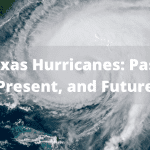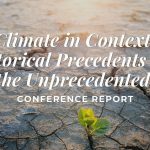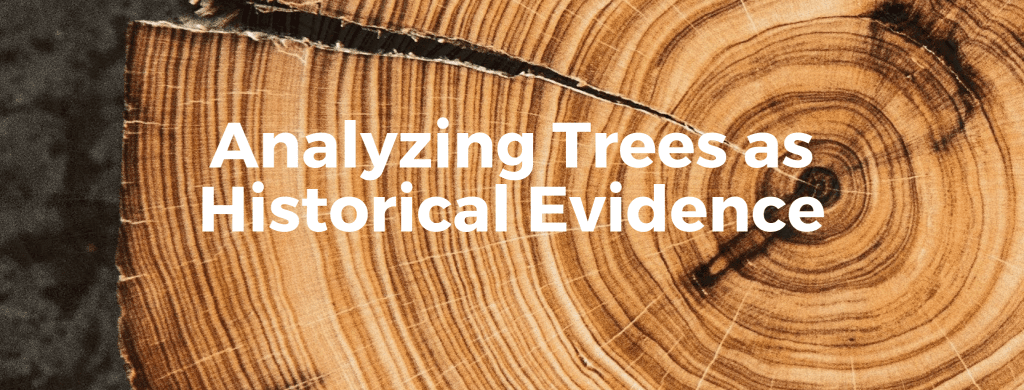
As the next iteration of the Institute for Historical Studies’ 2020-21 theme on “Climate in Context: Historical Precedents and the Unprecedented,” Dr. Jared Farmer, a Professor of History at the University of Pennsylvania, will give a talk on Thursday, December 3rd at 3:30 PM Central time. His talk entitled “Ancient Trees in Modern Times” will focus on the discovery of the tree-rings of Great Basin bristlecone pines and their important role as a lens into the world of past climates and climate change.
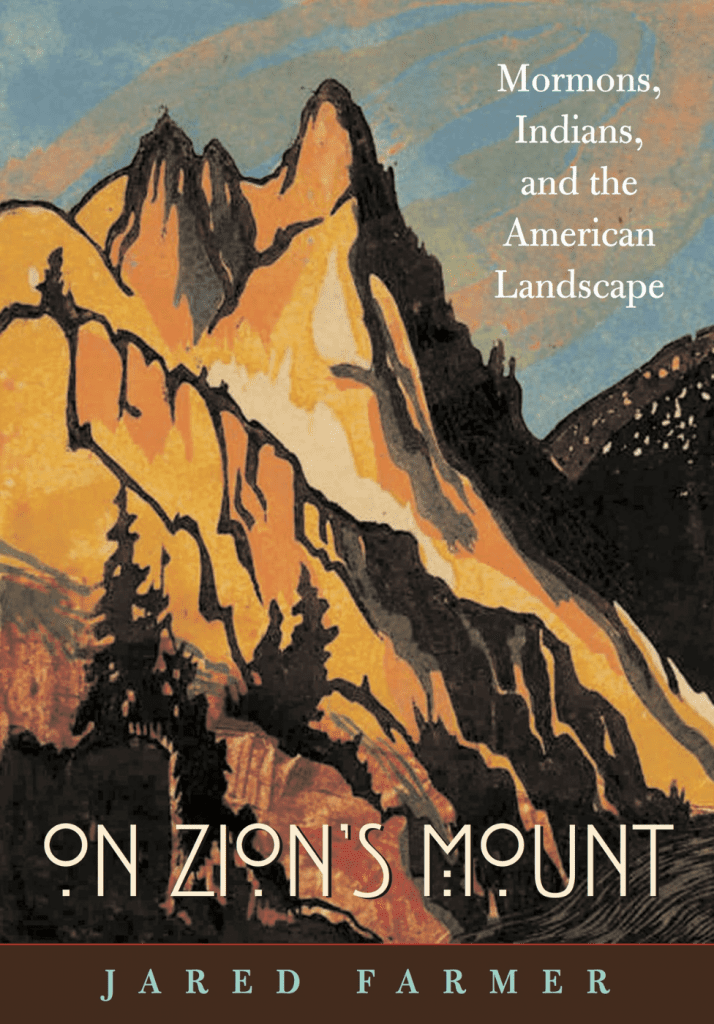
Dr. Farmer studies the overlapping historical dimensions of landscape, environment, technology, science, religion, culture, and law. His work has been recognized through a range of fellowships, grants, and awards. His 2008 book, On Zion’s Mount: Mormons, Indians, and the American Landscape, received the Francis Parkman Prize from the Society of American Historians. His current book project, provisionally titled Survival of the Oldest: Ancient Trees in Modern Times, is a place-based planetary history of ancient trees and the problem of long-term thinking. He has also published a wide range of of e-books and articles.
Labelling himself a geohumanist, Dr. Farmer scrutinizes how people sacralize as well as desacralize landforms as they change landscapes throughout history. He uses Instagram as a platform to share his landscape observations with the public.
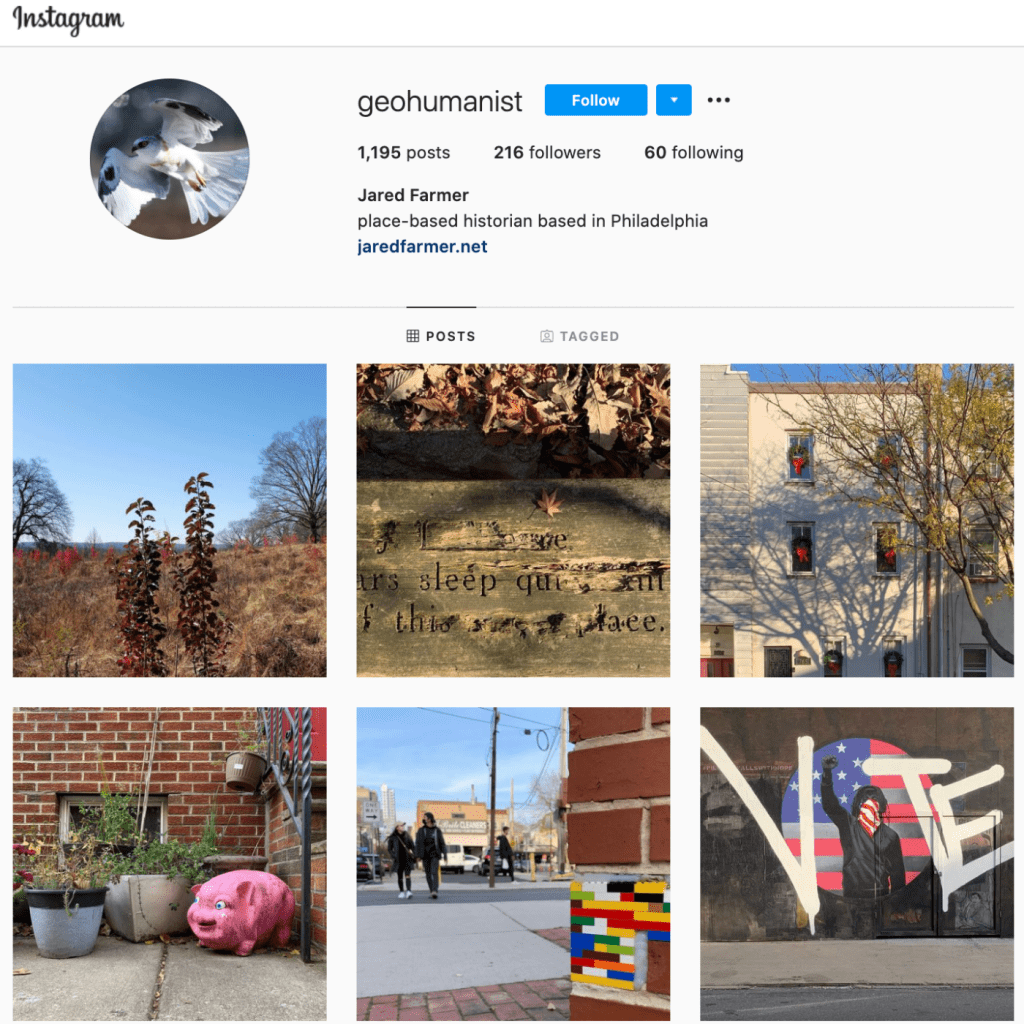
His most recently published article, an opinion piece published in the Los Angeles Times in November 2020, titled “The Golden State treescape wasn’t made to last,” explores just this in regards to California’s treescape. Dr. Farmer talks about how natural, as well as unnatural, forces have shaped California’s landscape over the 20th century.
He chronicles how humans, starting with Indigenous peoples, have impacted California’s treescape through intentional burning, the afforestation of nonnative tree species, deforestation, and the accidental introduction of harmful insects and pathogens from abroad. He notes that natural forces also played a role. He explains that during California’s period of afforestation of nonnative agricultural and ornamental trees, a climatic anomaly left California soaking wet and, along with the lack of the trees’ native predators and pathogens at the time, foreign trees flourished.
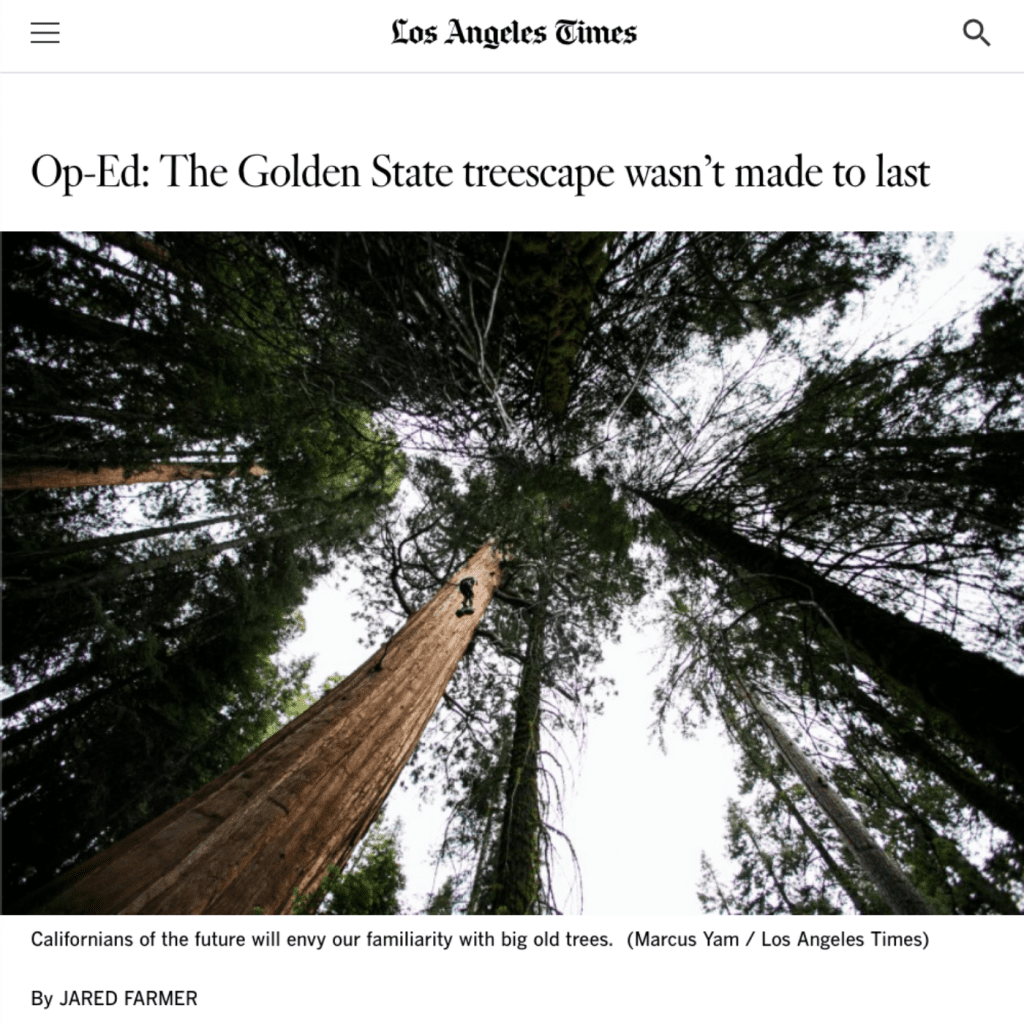
Dr. Farmer also touches upon some of the political factors that contributed to California’s unsustainable treescape including the work of U.S. “improvers” and the affordable housing crisis forcing families farther and farther into the suburbs. He reaches the conclusion that “…[California’s] current landscape of risk is unprecedented: a spread-out population (now 40 million), a stressed-out treescape, global warming and regional megadrought. No reference points exist for this situation. Knowing history helps, but there’s no going back to the past.”
He explains how the absence of funds, lack of agreement, current ecological landscape, and continued residential development have prevented California from implementing expert-recommended controlled burning as a fire management tool. Dr. Farmer ends his article by noting that all eyes are on California to accept that their treescape was never meant to last and to come up with a solution to adapt to their current landscape.
To join Dr. Farmer’s IHS talk via Zoom on December 3rd at 3:30 PM Central time, register here.
For more events related to climate and environmental history at the Institute of Historical Studies, see the calendar and follow the IHS on Facebook and Twitter.
Image credits: Feature Image, Nicholas Gerbis, Arizona Science Desk
The views and opinions expressed in this article or video are those of the individual author(s) or presenter(s) and do not necessarily reflect the policy or views of the editors at Not Even Past, the UT Department of History, the University of Texas at Austin, or the UT System Board of Regents. Not Even Past is an online public history magazine rather than a peer-reviewed academic journal. While we make efforts to ensure that factual information in articles was obtained from reliable sources, Not Even Past is not responsible for any errors or omissions.
